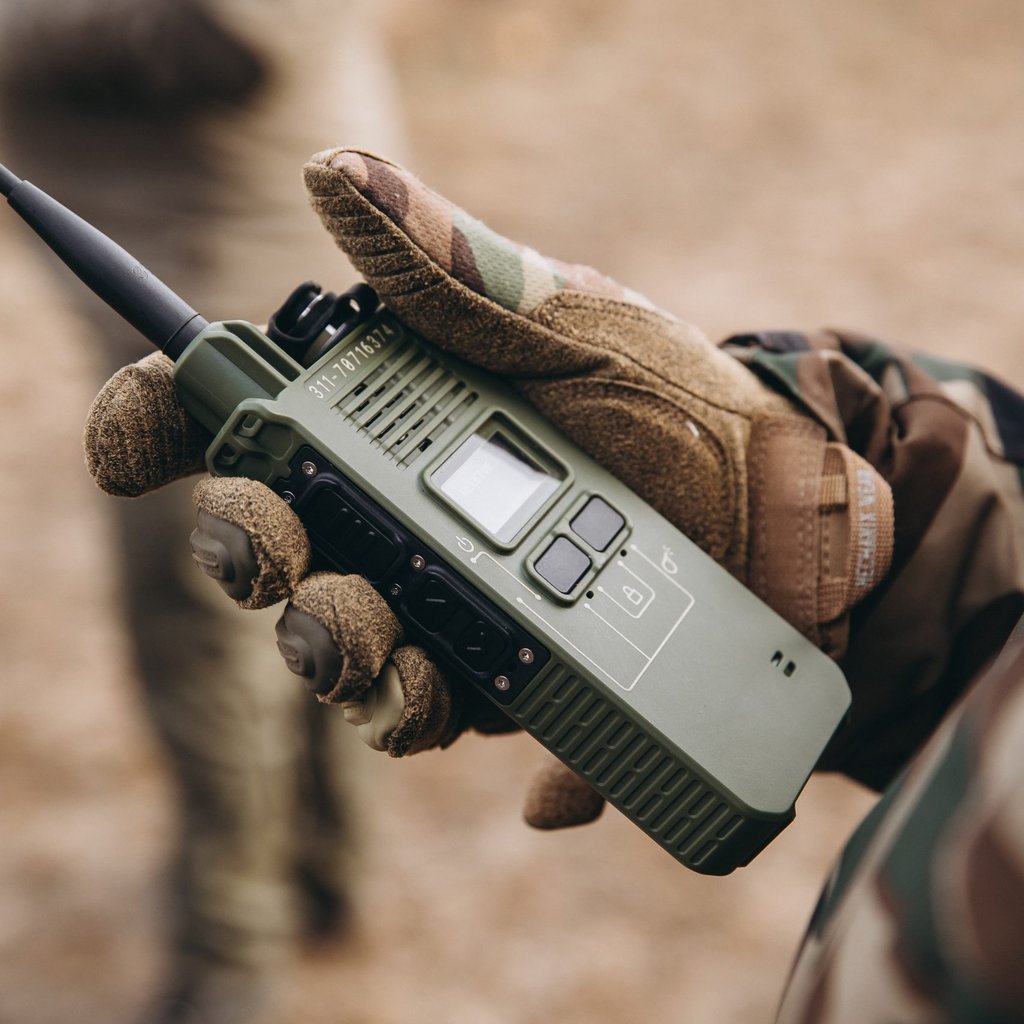In the global race for defence innovation, the most potent ideas often come not from sterile laboratories, but from the mud and grit of the frontline. Nowhere is this truer than in Ukraine, where a new and powerful class of entrepreneur is emerging: the veteran-innovator. Across the country, soldiers returning from the battlefield are turning their hard-won experience and intimate understanding of the conflict's challenges into a strategic industrial asset, founding successful technology companies that are creating some of the most effective and sought-after military hardware.
This trend represents more than just a collection of inspiring stories; it is a core component of Ukraine’s national resilience. It is a bottom-up innovation engine, driven by necessity and perfected by those who understand the stakes better than anyone. As one official from the Brave1 defence cluster noted, the motivation is simple and direct: "They served in some way, they didn't like the equipment... or they saw a problem, and they started to build this [new technology] based on that particular need".
Solving Real-World Problems
The unparalleled advantage of a veteran-led startup is its deep, intuitive understanding of the user's needs. Unlike traditional top-down research and development, which can take years to respond to theoretical requirements, this model closes the feedback loop between the battlefield and the workshop almost completely. Veterans are not trying to solve abstract problems; they are building the specific tools they wish they had during their own service.
This intimate knowledge allows them to design for the harsh realities of the Ukrainian front. They prioritise durability, ease of use under stress, and, most importantly, effectiveness in a dense electronic warfare environment. This combat-driven design philosophy results in technology that is practical, resilient, and directly tailored to counter Russian tactics.
Case Studies in Combat-Driven Innovation
This trend is not theoretical; it is already delivering game-changing technology to the Ukrainian Armed Forces.
One of the most prominent examples is the HIMERA tactical radio system. Born from the founder's direct experience with the vulnerability of conventional radios to Russian jamming, the company developed an affordable, highly secure, and jam-resistant radio that is now in high demand across the front. The system's success comes from its focus on solving a single, critical problem that its founder understood intimately.
Similarly, the ETER direction-finding system, which helps locate enemy drones and electronic warfare assets, was developed by a veteran who recognised the critical need for better battlefield signals intelligence. By turning their unique operational experience into a technical solution, these entrepreneurs are creating capabilities that directly save lives and provide a tactical edge.
The Supporting Ecosystem
This grassroots movement is being actively cultivated by a sophisticated national support system. The Brave1 defence technology cluster, launched by the Ukrainian government, has become a vital accelerator for this trend. It acts as a crucial bridge, helping veteran-led startups navigate the path from a promising idea to a fully certified and procured piece of military hardware.
Brave1 provides essential seed funding through grants, offers expert mentorship, and facilitates a streamlined process for testing new technologies. Crucially, it helps successful products achieve official codification, assigning them a NATO stock number and clearing the path for procurement contracts with the Ministry of Defence. This state-supported ecosystem ensures that the best ideas from the trenches do not get lost, but are instead identified, funded, and scaled for the benefit of the entire military.
A New National Asset
The rise of the veteran-innovator is a defining feature of Ukraine's modern defence identity. It is a powerful demonstration of a nation turning its greatest challenge, the experience of war, into a source of unique strength. These entrepreneurs are not just building companies; they are forging the arsenal of a modern, agile, and technologically superior military. Their work is a testament to Ukrainian resilience and a clear signal that the country's most valuable resource is the ingenuity and determination of its people.

.svg)


